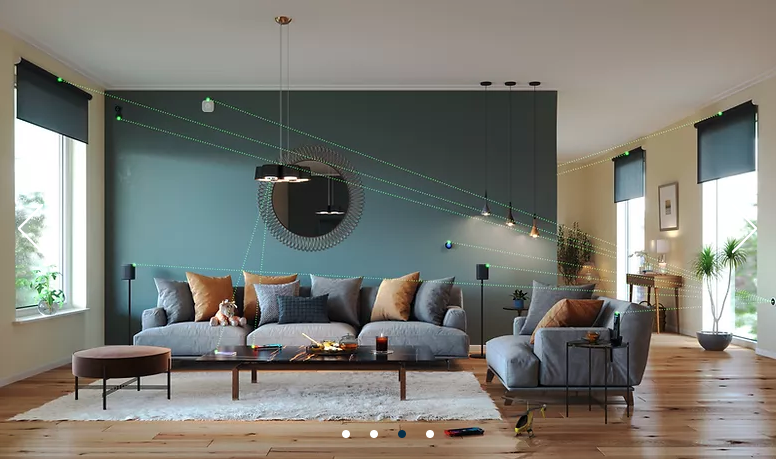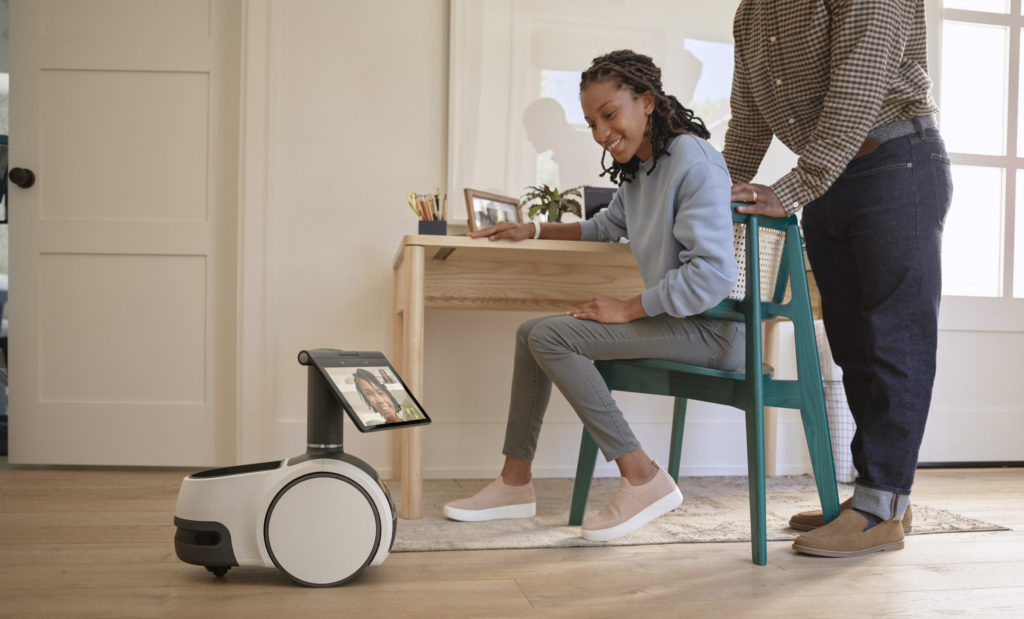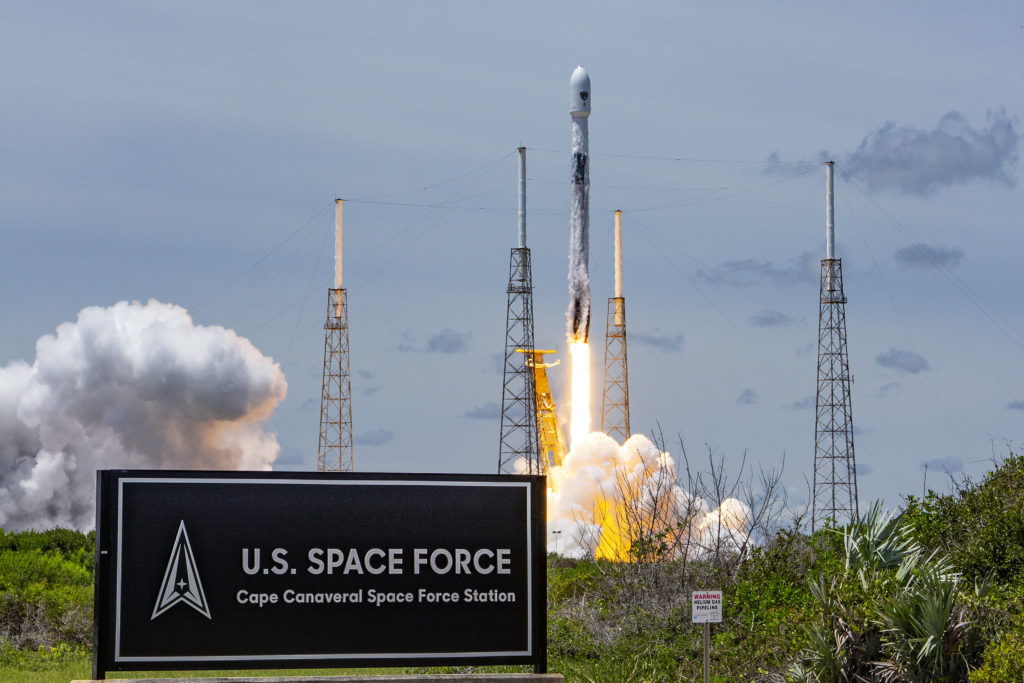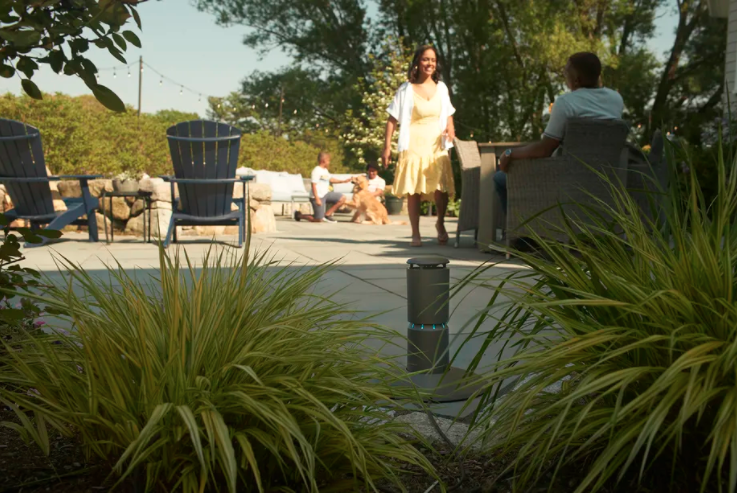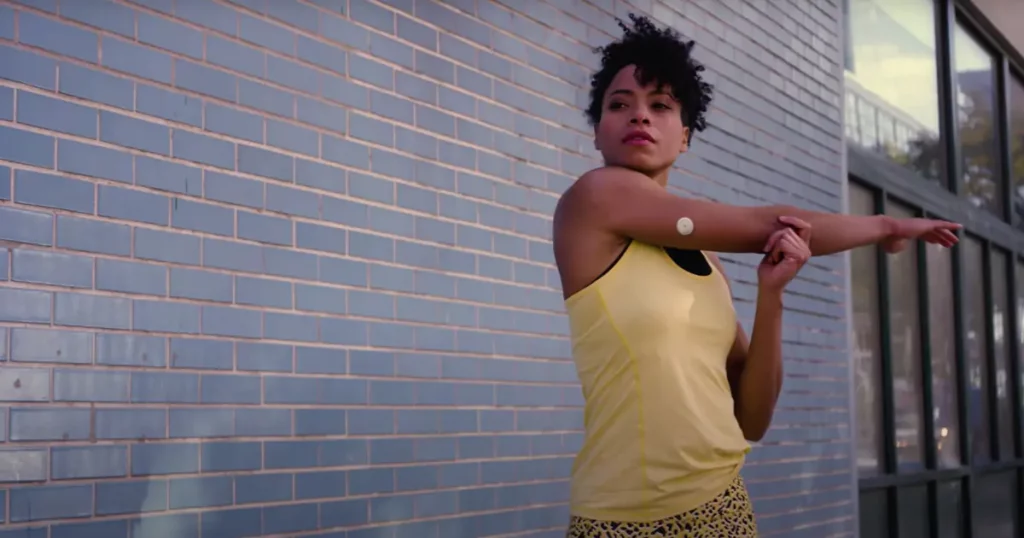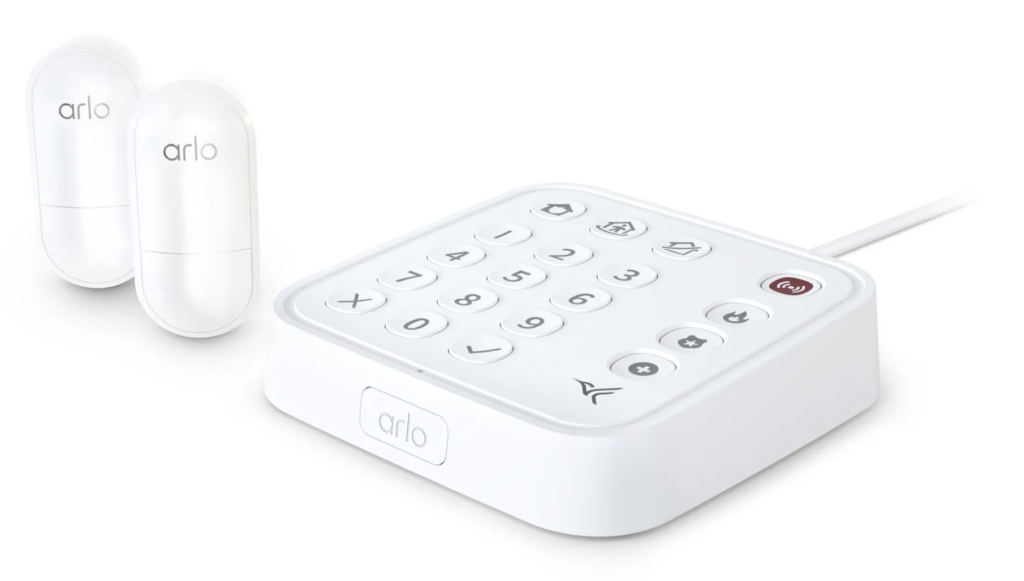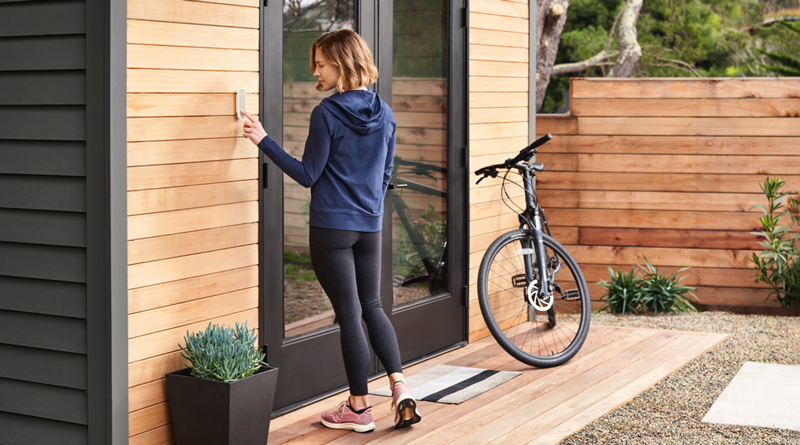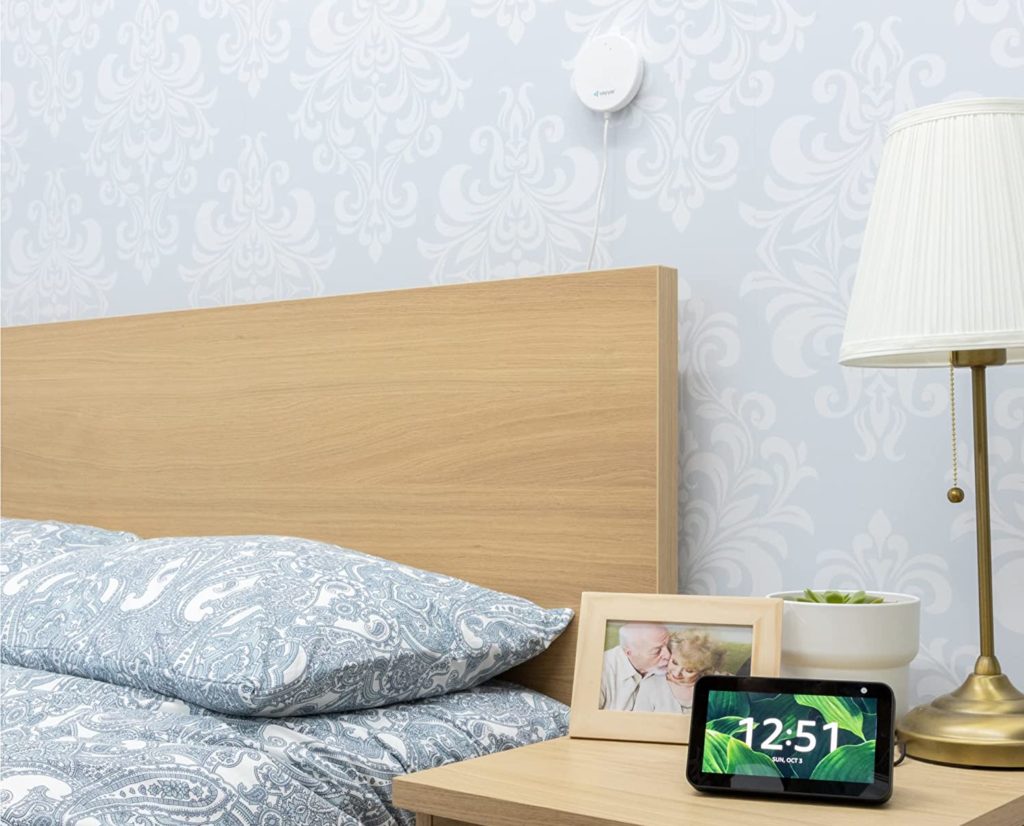This week’s show kicks off with research suggesting Amazon uses data from Alexa devices to advertise its own products, and that Amazon is selling some of the insights derived from Alexa requests to third parties. This is disturbing, but so is John Deere’s ability to decommission tractors stolen by Russians from a Ukraine dealership. We talk about why this sort of power makes me nervous. And in a final story about digital rights, we discuss the U.S. Center for Disease Control and Prevention buying location data from private companies so it can see how effective some of its COVID policies were. From there we go into basic product news, starting with new wellness features coming to your Google Nest Hub screen ahead of Google I/O next week, a new room sensor from Wyze, new light switches from Leviton that don’t require a neutral wire, and new Wi-Fi 7 chips from Qualcomm. Kevin then shares a new smart home purchase and his thoughts on the Schlage Encode Plus with Home Key door lock. We finish by answering a listener’s question about if we’ll get a custom sound detection from Amazon’s Alexa.
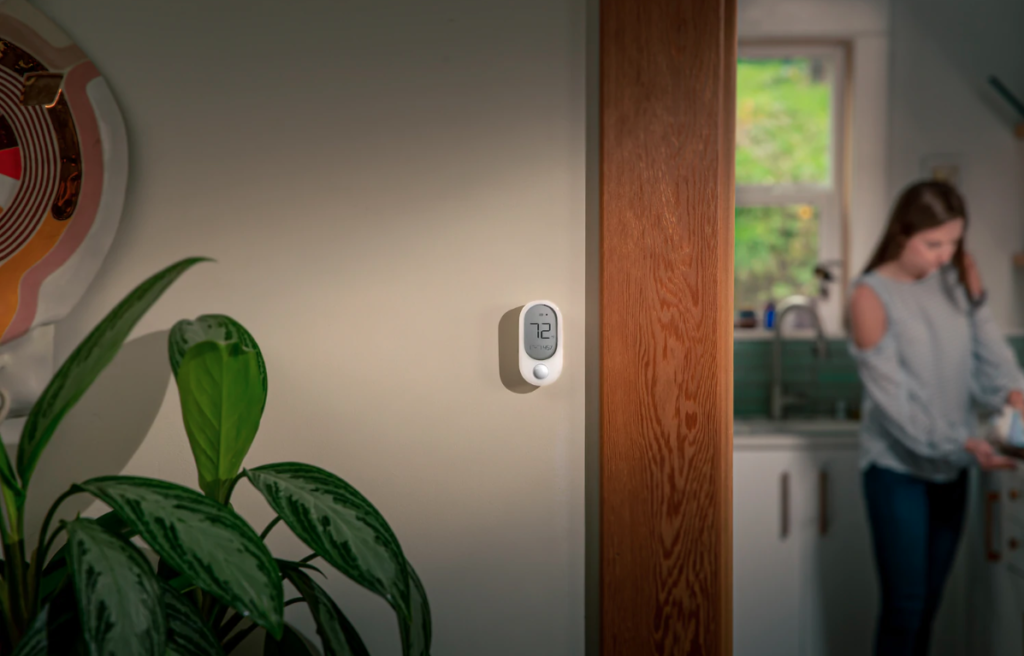
Our guest this week is Bianca Wylie, who is a partner with Digital Public, a public interest firm focused on technology. She wrote an article calling for the end of Canada’s COVID contact tracing application and explains why she thinks it’s time to sunset the app. I think her ideas are important to discuss as our governments invest in digital infrastructure without necessarily having a plan for maintaining or auditing it. The COVID-tracking apps are a great case study that we can learn from. For example, when governments implement new technology they need to figure out how they plan to maintain it and ensure that it is doing the job it was intended to do. As citizens, we need to participate in the process of buying technology, working with government officials to set the requirements and limitations of the tech our government is buying. This is a really good interview for all of us to listen to.
Hosts: Stacey Higginbotham and Kevin Tofel
Guest: Bianca Wylie
Sponsors: Impinj and InfluxData
- Amazon is selling Alexa voice data to advertisers
- We need to classify more data as Personally Identifiable Information (PII)
- Wi-Fi 7 chips are here but don’t upgrade your network
- What’s wrong with Canada’s COVID contact-tracing app
- Smart cities incur technical debt too
Podcast: Play in new window | Download | Embed
Subscribe: RSS

